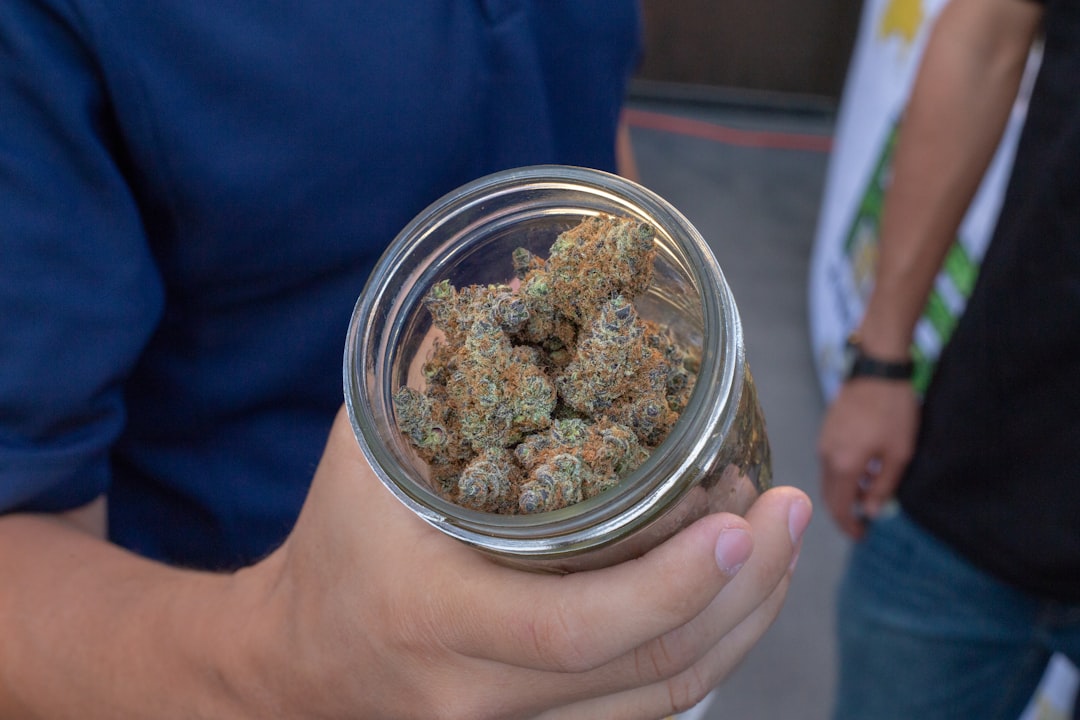Is Marijuana For Medical Purposes Right For You?

Marijuana for medical purposes has recently become a popular topic in the United States, as evidence for its use grows by the day. In a government-sponsored study, marijuana's benefits were highlighted, including relief from nausea, vomiting, and muscle spasms caused by AIDS and multiple sclerosis. The substance also functions as an anxiolytic and anti-stress drug, similar to benzodiazepines. However, many concerns remain over the use of marijuana for medical purposes, including a lack of evidence for long-term effects, tolerance, and withdrawal. Check out this article source to learn more about the medical marijuana.
A number of risks exist with medical marijuana, including impaired judgment, rapid heartbeat, and impaired immediate memory. Additionally, marijuana can impair critical skills, including judgment of distance and reaction time. According to a 2010 Harvard Medical Study, marijuana can induce psychotic symptoms, resulting in worsened conditions for people suffering from schizophrenia. In fact, a study of more than 50,000 young Swedish soldiers found that marijuana users were two-and-a-half times more likely to suffer from schizophrenia than non-smokers.
This debate also touches on ethical principles. Despite the fact that physicians are increasingly embracing marijuana as a treatment option, the federal government's zero-tolerance policy has sparked heated legal debates. Despite the potential for misuse, physicians must find a balance between medical necessity and government restrictions. It's a delicate balancing act, but it's worth it in the end. Ultimately, the question is: how can physicians balance their ethical responsibilities with patient privacy and legal issues?
One study conducted by researchers found that individuals who used marijuana for medical purposes had a lower incidence of anxiety and depression than nonmedical users. This is because medical marijuana users were significantly less likely to have alcohol or opioid use disorders than non-medical users. However, it's important to note that many people who use marijuana for medical purposes also reported lower rates of other substances, including alcohol and prescription analgesics. So, it's essential that physicians screen for psychiatric and substance use disorders prior to authorizing medical marijuana.
There are several alternatives to smoked marijuana. One such alternative, Nabilone, is a Schedule II drug. It's similar to Marinol, but uses a different preparation of synthetic THC. It has longer effects, but is still considered illegal and can cost up to $4000 a year. It's important to remember that the effectiveness of marijuana for medical purposes is often dependent on the dosage and how much it costs. To get the most affordable and effective medical marijuana consider contacting The Herbal Clinic MD experts.
The federal government has been an ardent opponent of medical marijuana, and even closed down dispensaries in states that have legalized the substance. Despite threats of criminal prosecution, state law has allowed local governments to fill in the gaps. As a result, medical marijuana is now legal in several states. Despite these threats, the federal government has yet to decide whether to legalize the drug for medical purposes. It's unclear how the new federal laws will affect the industry.
Using marijuana for medical purposes is legal as of 2018. The drug is available in bud, capsule, and drops forms. This new regulation has made medical marijuana more accessible to patients throughout the country. The legalization of marijuana for medical use is a great step toward improving health care. Just as medical marijuana is becoming more widespread, it is also available to treat medical conditions and ease the suffering of countless Canadians. Check out this post that has expounded on the topic: https://www.britannica.com/science/medical-cannabis.
